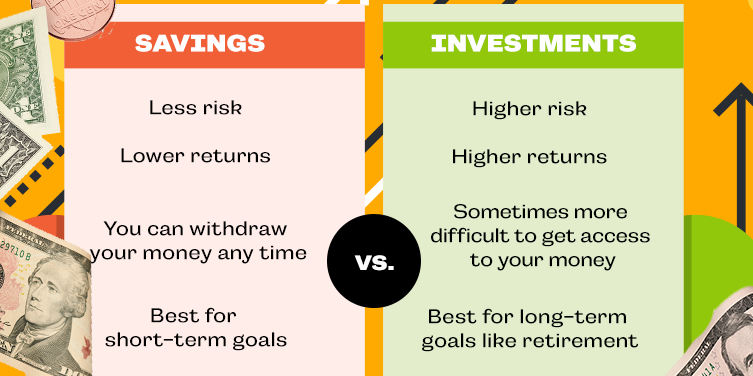Personal finance is a topic that affects everyone, no matter their age or income level. Whether you’re just starting out in the workforce or are nearing retirement, it’s crucial to have a solid understanding of how to manage your money wisely. In this article, we will cover the basics of personal finance, including budgeting, saving, investing, and more.
Creating a Budget
One of the fundamental principles of personal finance is creating a budget. A budget is a plan for how you will allocate your income to cover your expenses, save for the future, and achieve your financial goals. To create a budget, start by listing all of your income sources and expenses. Be sure to include both fixed expenses, such as rent or mortgage payments, as well as variable expenses like groceries and entertainment.
Once you have a clear picture of your income and expenses, you can determine how much you can afford to save or invest each month. It’s important to regularly review and adjust your budget as needed to ensure that you are staying on track.
Building an Emergency Fund
Building an emergency fund is a crucial component of personal finance. An emergency fund is a savings account that is specifically designated for unexpected expenses, such as medical bills, car repairs, or job loss. Aim to save at least three to six months’ worth of living expenses in your emergency fund to provide a financial safety net in case of unforeseen circumstances.
Contributing to your emergency fund should be a top priority, even before focusing on other financial goals. Having an emergency fund can help you avoid going into debt or having to dip into your long-term savings to cover unexpected expenses.
Investing for the Future
Investing is a key component of personal finance that can help you build wealth over time. There are many different investment options available, including stocks, bonds, mutual funds, and real estate. It’s important to research and understand the risks and potential returns associated with each investment option before making any decisions.
When investing, consider your financial goals, risk tolerance, and time horizon. It’s also a good idea to diversify your investments to minimize risk. Consult with a financial advisor if you need guidance on creating an investment strategy that aligns with your goals and risk tolerance.
Managing Debt
Debt management is another important aspect of personal finance. While some level of debt may be necessary, such as a mortgage or student loans, it’s crucial to manage debt responsibly to avoid financial hardship. Make it a priority to pay off high-interest debt, such as credit card balances, as quickly as possible.
Consider consolidating high-interest debt with a lower-interest loan or balance transfer to save money on interest payments. It’s also important to avoid taking on more debt than you can afford to repay. Create a plan to pay off existing debt and avoid accumulating new debt whenever possible.
Planning for Retirement
Planning for retirement is an essential part of personal finance. Whether you’re just starting your career or are nearing retirement age, it’s never too early or too late to start saving for retirement. Consider contributing to a retirement account, such as a 401(k) or IRA, to take advantage of tax benefits and employer matching contributions.
Determine how much you need to save for retirement based on your desired lifestyle and retirement age. Review your retirement savings regularly to ensure that you are on track to meet your goals. Consider consulting with a financial advisor to create a comprehensive retirement plan that aligns with your financial goals and risk tolerance.
Conclusion
Personal finance is a lifelong journey that requires dedication, discipline, and knowledge. By creating a budget, building an emergency fund, investing for the future, managing debt responsibly, and planning for retirement, you can take control of your financial future and achieve your long-term goals.
Remember, personal finance is not one-size-fits-all, so it’s important to tailor your financial plan to your individual needs and circumstances. Consult with a financial advisor or use online resources to gain a deeper understanding of personal finance and make informed decisions about your money.
With the right knowledge and strategies in place, you can achieve financial security and peace of mind for years to come.






